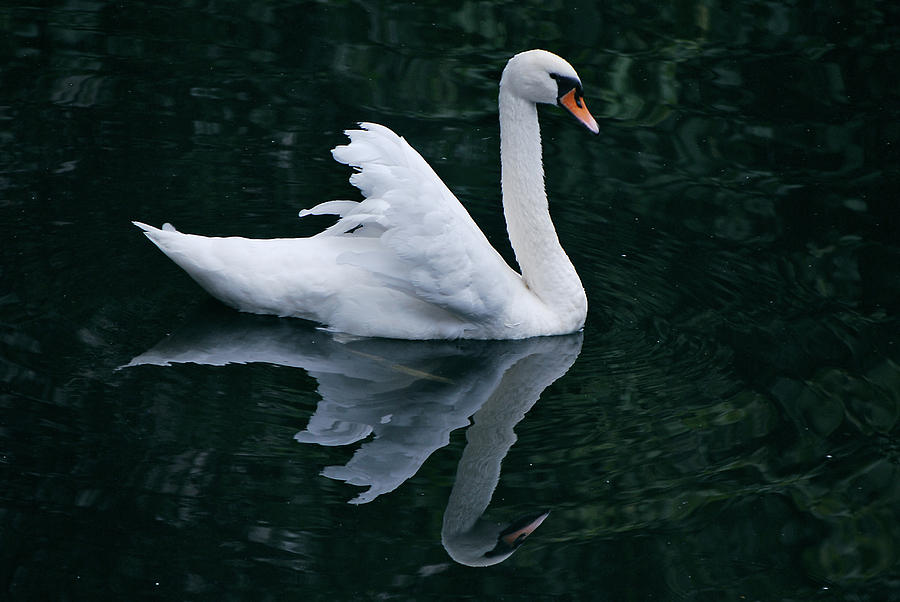
This story was told to us many years ago by a wonderful friend who died recently. In our last conversation with him, we asked if we could share The Story of Jeka with you all, as It has given us so much comfort and inspiration over the years, and we are sure it would help you too. Our friend agreed, on the condition that we didn’t tell his name. So… here it is, presented with infinite gratitude to our friend. May it bless you, as it has blessed us.
Ann and Geoff
We can sometimes be completely unaware of the effects our actions have on others. Yet sometimes, those effects can be very good indeed! The story of Jeka gives an excellent illustration of this. It is adapted from a very old story from Turkestan.
How may I serve?
Once there was a wealthy general called Jeka, who, at the end of a successful career, realized that his life was meaningless. So he set out on a quest for the power and ability to serve his fellow human beings in the right way. Leaving behind his high position, he ventured forth into the world as a beggar.
After several years had passed, he came to a humble monastery in the midst of the desert, where a teacher lived with his pupils. Taptuk, the Master, was blind. With his hands, he felt the face of the beggar and promised him the Truth. ‘This truth, my son, will become clear to you bit by bit, piece by piece. At the moment I have nothing for you to do save sweep the courtyard. Sweep it seven times a day.’
Gratefully Jeka set about his task and diligently swept the courtyard clean. Seven times a day. And every day he saw the blind Taptuk passing by on his wife’s arm, with his pupils walking behind him, on their way to the house where the Master would give his lessons.
And thus a year passed by. Jeka had been accustomed to action and success, and sweeping the courtyard only made him profoundly sorrowful. But one night he woke up with the thought: the Master wants to teach me humility! And the next day he went back to work full of joy. And from then on, he sang as he swept, words and melodies welling up in him as if of their own accord.
Life in the desert
Many more years elapsed. At last, Jeka was at his wits’ end. Every day he had to watch as the Master and his pupils passed by, laughing. Not once had they noticed him standing there! And not a word had they spoken to him! So, one night, after fifteen years of faithful toil, Jeka decided to leave. He felt he had reached a dead end; disillusionment filled him.
On his first day out in the desert, his heart was brimming with joy. ‘Now I am free to do what I want!’ But the second day brought hunger and thirst. And by the third day Jeka was so exhausted that he lay down and, resting his head on a stone , he waited quietly for death…
But, as he lay there, something colourful caught his eye. And there, in the distance, he saw a large camp of brightly coloured tents, from which the smoke of many fires was circling upwards.
A plentiful feast
With what little strength he had left, Jeka stumbled onwards until he came to a large, round tent. Inside, all kinds of people were gathered, sitting around a plentiful feast. They gave him a hearty welcome, and told him to eat and drink as much as he wanted. When, at last, Jeka had eaten his fill, he asked where all those delicious dishes had come from. And the people replied: ‘A voice led us here. This is the best place on earth! Every day, the song of an unknown monk is borne to us by the wind, and we listen, and sing with him. And while we are doing so, the choicest dishes appear, like the ones who you enjoyed just now.’
So Jeka asked whether they could teach him the songs, so that he would not need to go hungry on his wanderings through the desert. And the band of comrades sang for him… And instantly, he recognized what he heard. For they were singing the words and melodies Jeka himself had sung when he was sweeping the courtyard; words which had come from his own lips, and music which had welled up in his heart… to drive away the loneliness!
The return
Filled with remorse, he thought of the great wisdom of Taptuk, who had instructed him as a beloved son and he had not realized it.
Hastily, Jeka took his leave and sought his way back to the monastery. There he arrived in the dead of night. The gate was locked. He called out to be let in, and Taptuk’s wife appeared. Softly she said: ‘Are you here again, Jeka? I do not know whether Taptuk will be willing to have you back a second time. Your departure drove him to despair. What a calamity, he said, that my most beloved son has left me. What is there left for me to live for now? But I will let you in. Go and lie down in the dust of the courtyard and wait until the Master comes tomorrow. He will touch you with his foot as he walks by, and if he says: Who is this man? you will have to leave us forever. But if he says: Is this our good Jeka? you will know that you can live with him again.’
And Jeka lay down in the dust. The next morning he saw Taptuk approaching on his wife’s arm. He closed his eyes and waited. A food touched him softly, and a voice said: ‘Is this our good Jeka?’
Full of joy Jeka leapt to his feet. He rushed to find his broom and swept the courtyard. Seven times a day, until he died. His body crumpled in the dust he had swept for so long. But his songs rose jubilantly upward, nourishing those who seek such nourishment.
First published in The Pentagram, de Rozekruis Pers 1996.

